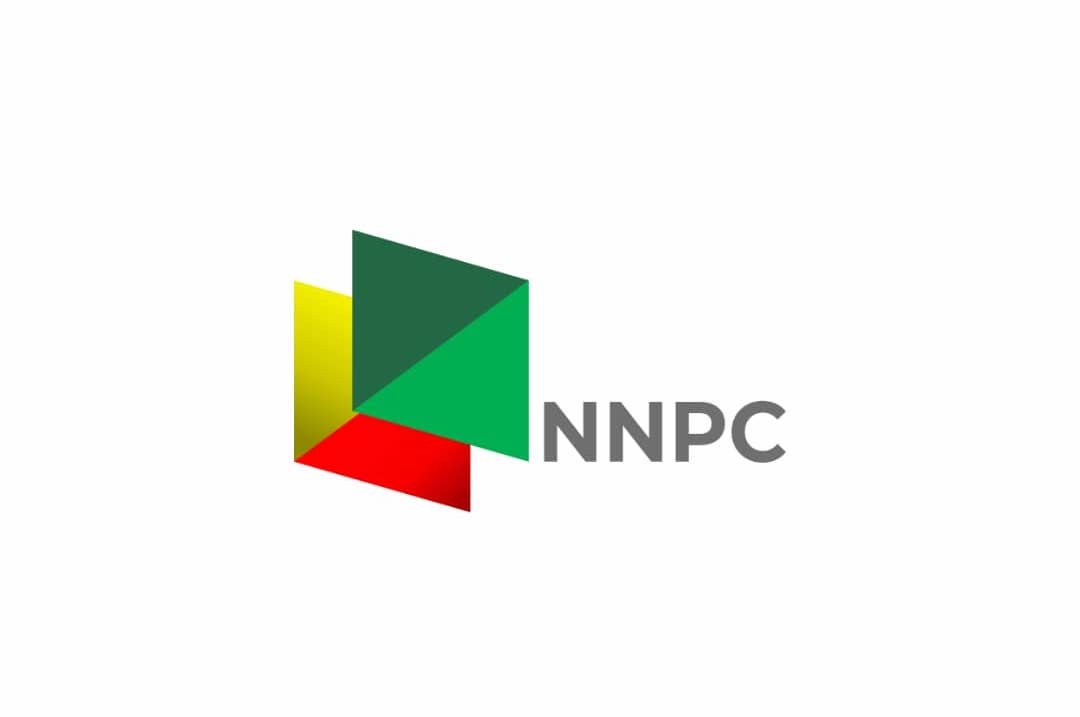Kayode Tokede
A total of 10 banks generated an estimated N14.4 trillion from interest on loans and advances to customers, among others in 2024, about 126.5 per cent increase over N6.34 trillion generated in 2023 financial year, analysis of the banks’ financial reports has revealed.
The significant increase in these 10 banks interest income in 2024 is on the backdrop of Central Bank of Nigeria (CBN)’s hike in its Monetary Policy Rate (MPR) to 27.5 per cent from 18.75 per cent.
The 10 banks include: Zenith Bank Plc, Guaranty Trust Holding Company Plc (GTCO), United Bank for Africa Plc (UBA), FBN Holdco Plc and Ecobank.
Others are: Fidelity bank Plc, FCMB Group Plc, Wema Bank Plc, Stanbic IBTC Holdings Plc and Sterling Financial Holdings Company Plc.
These 110 banks also reported a sum of N5.33 trillion interest expenses on customers deposits, others in 2024, a growth of 126.3 per cent from N2.36 trillion in 2023.
In the period under review, Ecobank, followed by Zenith Bank and generated the highest interest income on loans to customers.
For instance, Ecobank generated N2.76 trillion interest income in 2024, up by 128.3 per cent from N1.21 trillion in 2023, while Zenith Bank posted N2.72 trillion interest income in 2024, about 138 per cent growth when compared to NN1.14 trillion declared in 2023.
In addition, First Holdco announced N2.4 trillion interest in 2024, representing an increase of 158 per cent from N936.68 billion in 2023.
As the Monetary Policy Committee (MPC) members of the CBN voted to hike interest rate to 27.50 per cent in 2024, average maximum lending rate rose to 29.71per cent in December 2024 from 26.62 per cent December 2023, reflecting the impact of tighter monetary policies aimed at controlling inflation and stabilizing the naira.
Also, the average prime lending rate to bank customers in Nigeria closed 2024 at 18.56 per cent, the highest point since 2010 as MPR last year gained momentum.
CBN revealed that the average prime lending rate that opened 2024 at 13.82 per cent, gained 474basis points to close 2024 at 18.56 per cent amid increase in MPR from 18.75 per cent to 27.50 per cent.
The rate highest peak was 18.74 per cent February 2010 when MPR was at six per cent.
As gathered by THHISDAY, the Nigeria’s average prime lending rate reached an all-time high of 19.66 per cent in November 2009 and a record low of 11.13per cent in March 2021.
The steady increase in MPR reflected in the average prime lending rate last year as the CBN intensifies its effort to tackle inflation rate and stable the local currency at the foreign exchange market.
The first hike in MPR was rate from 18.75per cent to 22.75per cent, the second to 24.75per cent, the third to 26.25per cent, the fourth to 26.75 per cent and recently 27.25per cent in the September 2024 MPC meeting.
MPR, thus, moved to 27.50 per cent November 2024 with the average prime lending rate jumping to 18.39per cent in November 2024 to eventually closing last year at 18.56per cent.
These increases, totalling 875 basis points in MPR since Mr. Olayemi Cardoso’s appointment, have been driven by efforts to tackle the country’s persistent inflation challenges, which include high core and food inflation.
An investigation by THISDAY showed that the increase in MPR impacted on banks average prime lending to their customers in 2024.
However, the steep increase in the policy rate has sparked concerns regarding the potential impact on the cost of credit for businesses already facing economic hardships.
Speaking with THISDAY, Chief Research Officer, InvestData Consulting Limited, Mr. Omordion Ambrose said, “Businesses need a lot of credit facilities to survive, but in an environment where the lending rate is astronomical, many enterprises, especially small and medium-scale, might find it extremely difficult to survive as their products will remain uncompetitive and the cost of production and the sale prices to consumers will remain high.”
Also, the Investment Banker & Stockbroker, Mr. Tajudeen Olayinka said the growth in interest income generated by banks on loans to customers is a reflection of a hike in MPR by CBN.
He expressed that banks review their lending rates on a regular basis, subject to their respective cost of funds and the direction of MPR, not necessarily using MPR as a distinct value.
According to him, the MPR signals to them the direction of interest rate in the market and the price they will pay if they have to borrow from or lend to CBN.
“Therefore, their deposit mix, which includes idle customers’ deposits, determines what their weighted average cost of funds would be. They then factor in the signal from MPR, to enable them to arrive at their various prime lending rates which are usually reserved for their prime customers,” he added.

